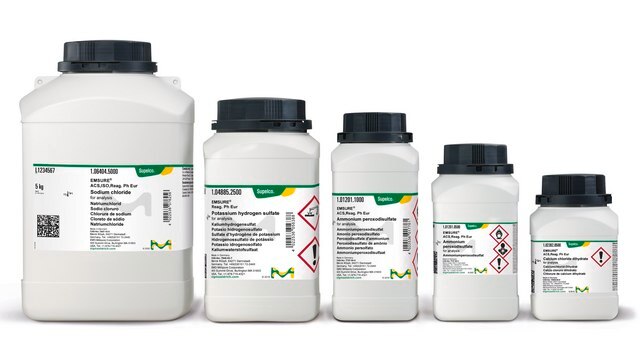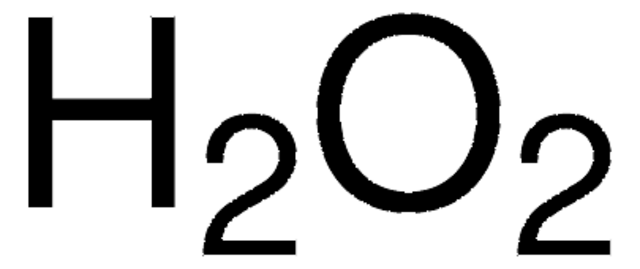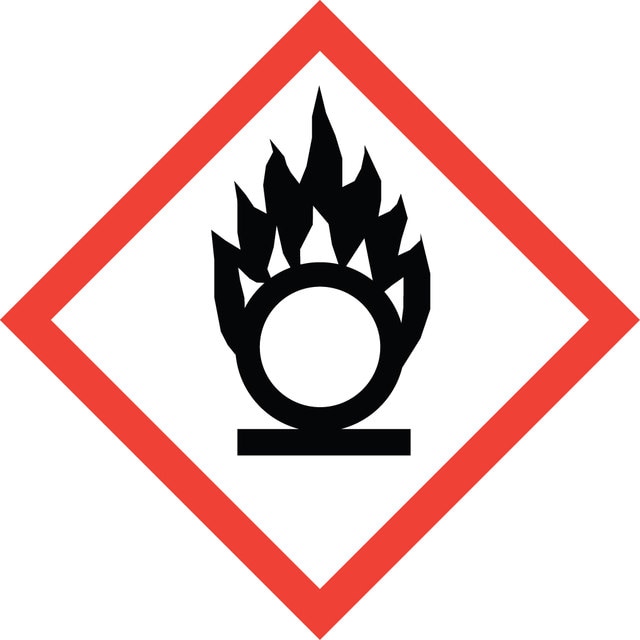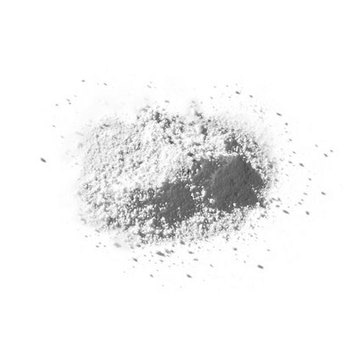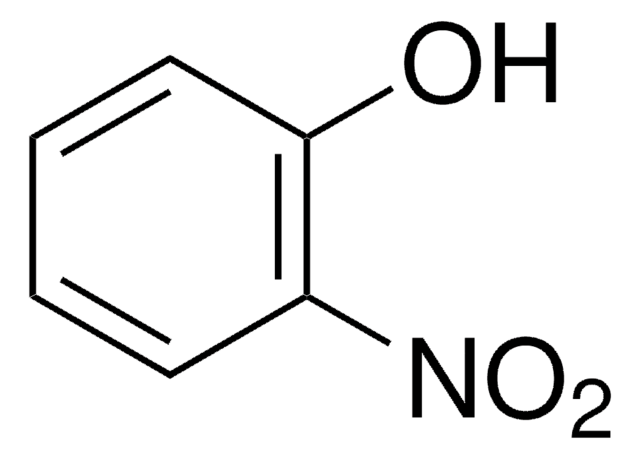1.06546
Sodium nitrate
99.99 Suprapur®
Synonym(s):
Sodium nitrate, Nitric acid sodium salt
About This Item
Recommended Products
grade
for inorganic trace analysis
Quality Level
Assay
99.99%
form
solid
potency
1267 mg/kg LD50, oral (Rat)
pH
5.5-8.0 (20 °C, 50 g/L in H2O)
mp
308 °C
solubility
874 g/L
density
2.26 g/cm3 at 20 °C
bulk density
1200 kg/m3
storage temp.
2-30°C
InChI
1S/NO3.Na/c2-1(3)4;/q-1;+1
InChI key
VWDWKYIASSYTQR-UHFFFAOYSA-N
Related Categories
Application
- Sodium salt promoted the generation of nano zero valent iron by carbothermal reduction: For activating peroxydisulfate to degrade antibiotic.: Research demonstrates the use of sodium nitrate in the synthesis of nano zero valent iron, which is effective in activating peroxydisulfate for the degradation of antibiotics in wastewater treatment, offering a potential solution to antibiotic pollution (Xue C et al., 2024).
Analysis Note
Assay (acidimetric): ≥ 99 %
Chloride (Cl): ≤ 5 ppm
Iodate (IO₃): ≤ 5 ppm
Nitrite (NO₂): ≤ 10 ppm
Phosphate (PO₄): ≤ 2 ppm
Sulfate (SO₄): ≤ 30 ppm
Al (Aluminium): ≤ 0.05 ppm
Ba (Barium): ≤ 5.0 ppm
Ca (Calcium): ≤ 0.10 ppm
Cd (Cadmium): ≤ 0.010 ppm
Ce (Cerium): ≤ 0.010 ppm
Co (Cobalt): ≤ 0.010 ppm
Cr (Chromium): ≤ 0.010 ppm
Cs (Cesium): ≤ 5 ppm
Cu (Copper): ≤ 0.010 ppm
Eu (Europium): ≤ 0.010 ppm
Fe (Iron): ≤ 0.05 ppm
K (Potassium): ≤ 5.0 ppm
La (Lanthanum): ≤ 0.010 ppm
Mg (Magnesium): ≤ 0.05 ppm
Mn (Manganese): ≤ 0.010 ppm
Ni (Nickel): ≤ 0.010 ppm
Pb (Lead): ≤ 0.010 ppm
Rb (Rubidium): ≤ 5.0 ppm
Sc (Scandium): ≤ 0.010 ppm
Sm (Samarium): ≤ 0.010 ppm
Sr (Strontium): ≤ 0.10 ppm
Tl (Thallium): ≤ 0.01 ppm
Y (Yttrium): ≤ 0.010 ppm
Yb (Ytterbium): ≤ 0.010 ppm
Zn (Zinc): ≤ 0.010 ppm
Legal Information
Signal Word
Warning
Hazard Statements
Precautionary Statements
Hazard Classifications
Eye Irrit. 2 - Ox. Sol. 3
Storage Class Code
5.1B - Oxidizing hazardous materials
WGK
WGK 1
Flash Point(F)
does not flash
Flash Point(C)
does not flash
Certificates of Analysis (COA)
Search for Certificates of Analysis (COA) by entering the products Lot/Batch Number. Lot and Batch Numbers can be found on a product’s label following the words ‘Lot’ or ‘Batch’.
Already Own This Product?
Find documentation for the products that you have recently purchased in the Document Library.
Customers Also Viewed
Our team of scientists has experience in all areas of research including Life Science, Material Science, Chemical Synthesis, Chromatography, Analytical and many others.
Contact Technical Service